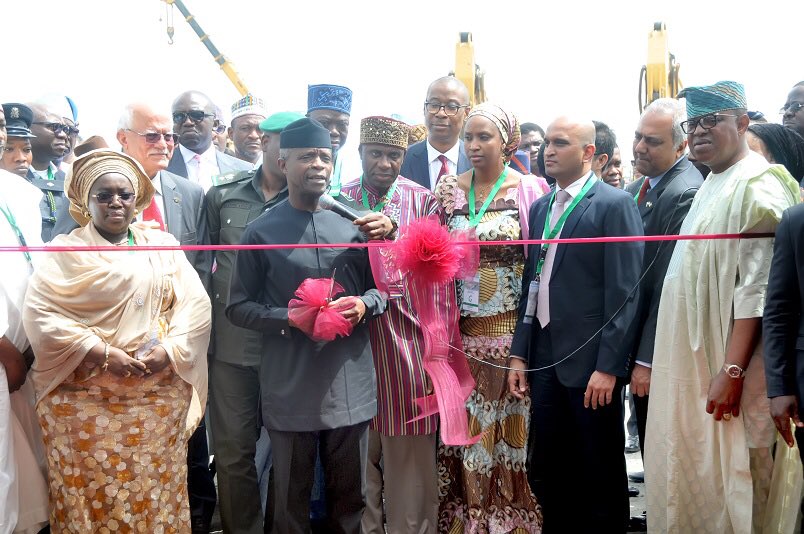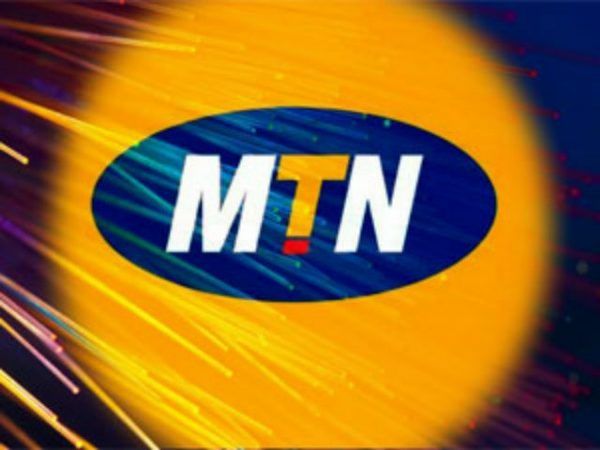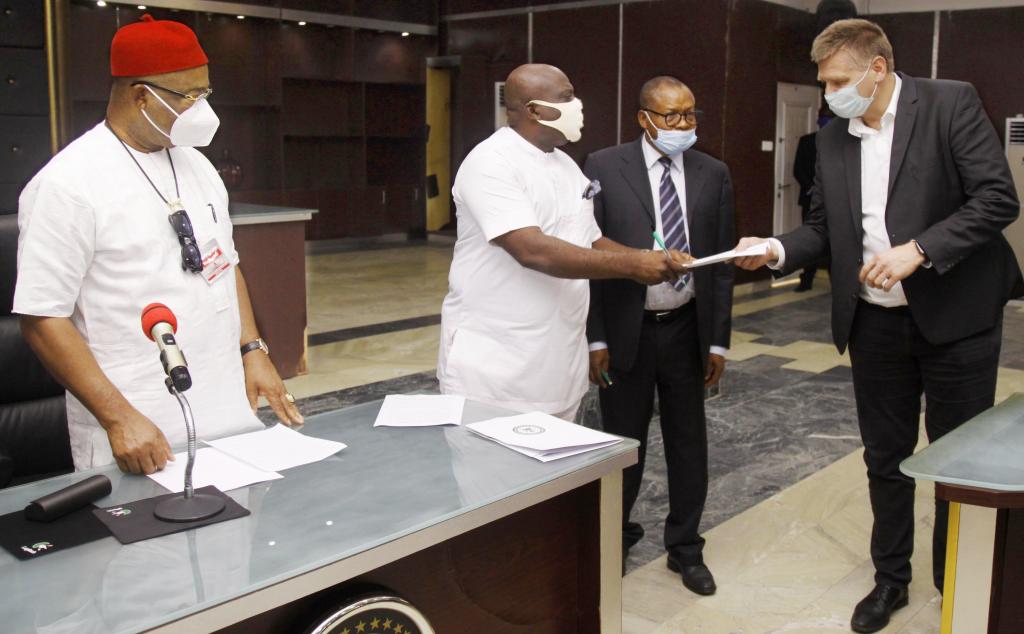Giving details of the aggregate economic advantage during the recent presidential visit to Lekki Deep Seaport in Lagos, President Muhammadu Buhari noted that on completion in 2020, the facility will be earning Nigeria’s economy $560 billion with an estimated $361 billion generated from the port’s concessioning in addition to $200 billion coming from taxes and revenue.
Speaking during the flag-off of the deep seaport, President Buhari, represented by Vice President, Prof. Yemi Osinbajo disclosed that over 170,000 direct and indirect jobs would be generated from the project.
He noted that the project targets about 1.5 million 20-foot Equivalent Units (teus) container capacity annually, which is expected to grow to 2.7 million and 4.7 million teus when the port begins operation.
The President said when operational, would receive larger vessels such as Panamax and post-Panamax vessels.
However, none of the government official made mention of how the Lekki corridor will look like in terms of traffic from 2020 when the port will become operational.
Observers with the experiences of Apapa Port city residents and businesses on traffic now there up to three way out of the port facility, query how the scenario will look like considering that the Lekki peninsula has only one exit via Lagos Island and Ikoyi.
The presidency averred that “The promoters of this project are targeting about 1.5 million teus container capacity yearly, which we expect to grow to about 2.7 million and 4.7 million teus when the project operation commences. With this, the Lekki Deep Seaport will become one of the best deep water ports in our region and serve as hub for port operations in the whole of West Africa”.
“The promoters also planned to dredge the port channel to about 16 meters, which is not currently obtainable in any port in the country. This is an indication that ships of larger capacity, Panamax, post-Panamax ships and very large crude carriers will now be able to visit the port, and greater efficiency and economies of scale will generate significant revenue for Nigeria’s economy,” he said, noting that the Federal Government has in the past two budgets provided an aggregate of N90 billion for the development of special economic zones. He added that the deep seaport project is in line with the objectives of creating such economic zones.
Earlier, the Lagos State Governor, Akinwunmi Ambode, had told investors to use the opportunity of the viability of the port to invest in the project, saying “This port, which is expected to be delivered by 2020, will be one of the biggest in the West African sub-region. Lagos State government has a 20 per cent equity stake in the Lekki Port project, and is an indication of the faith of the government in the project”.
The governor, represented by his Deputy, Idiat Oluranti Adebule, said “It has been estimated that this project will facilitate an injection of $2.23 billion for construction and fixed assets into the country. However, there is need for public investment to complement the Lekki Port infrastructure like roads, railway and water infrastructure in order to avoid the present situation that we have at the Apapa and Tin-Can port area of Lagos State”.
In his remarks, Minister for Transportation, Rotimi Amaechi, commended the Nigerian Ports Authority (NPA), Tolaram Engineering Company and China Harbour for the development of the landmark project.
Managing Director, Tolaram, Haresh Aswani, assured Nigerians that the project would be completed within three years, and it will generate over $200 billion revenue for Lagos and Federal Government.
Transport analysts who bared their minds with our correspondent said if Lekki Peninsula continues to have only the current exit and entry from Lagos Island till 2020, the axis will be a replica of hell in terms of traffic gridlocks that will be mesmerized by petroleum tankers to and fro Dangote refinery, and trailers to and fro Lekki Deep Seaport.
According to them, only the embattled fourth mainland bridge still on papers will not even assist even if it comes up by then. The best plan will be start now to plan for how multimodal transport system where road, rail and inland waterways will be operational even before the coming on stream of the seaport.









